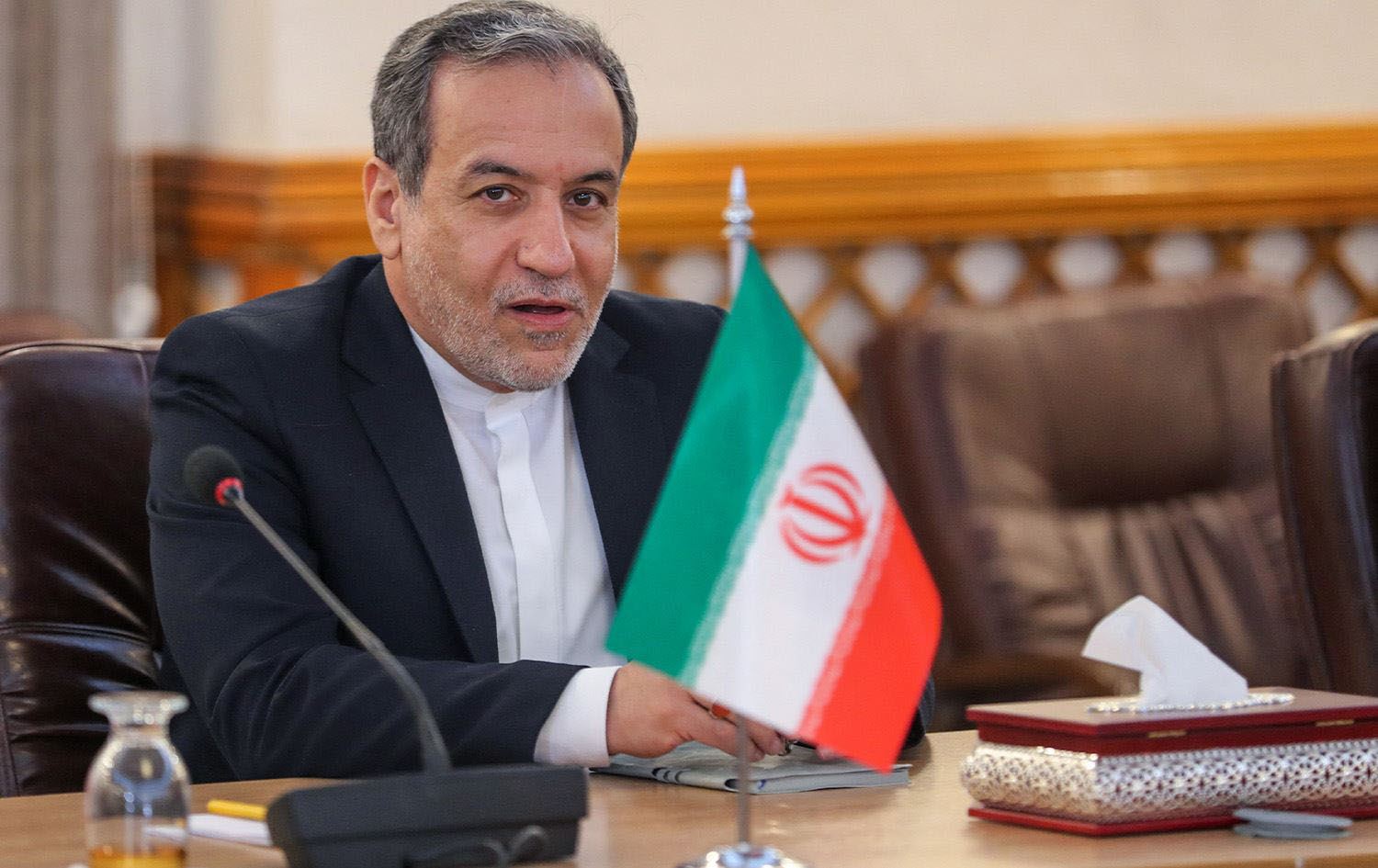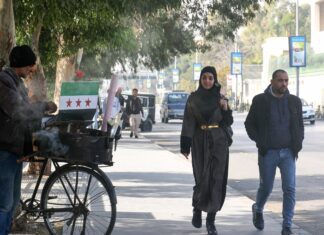
The US has made clear its position that Iran will not have a role in the future of Syria following the ouster of Bashar al-Assad’s regime. US Assistant Secretary of State for Near Eastern Affairs Barbara Leaf described Tehran’s influence in Syria as “destructive” and incompatible with the “new political direction” of the country.
“Iran has been a predator in Syria for decades, engaging in destructive behavior,” Leaf said after meeting Ahmed al-Sharaa, the commander-in-chief of Syria’s Command of Military Operations (CMO), in Damascus on Friday. “As of today, Iran will have no role in Syria’s future, and it should not play this role.”
Iran’s Historical Role in Syria
For years, Iran maintained close ties with the Assad regime, providing military, intelligence, and financial support under the pretense of “combating terrorism,” including ISIS. However, critics have long accused Tehran of exploiting Syria as a strategic foothold in the region, embedding itself militarily and politically to bolster its influence across the Middle East.
Iranian Foreign Minister Abbas Araghchi defended his country’s past role in Syria in a Friday interview with Egypt’s Al-Ghad channel. He claimed Iran’s presence was based on an official invitation from the Assad regime and denied allegations of interference in Syria’s internal policies.
“We provided intelligence and political advice, but the decisions of [Assad’s] army and government were their own,” Araghchi said, adding that Iran’s military role ended after the defeat of “major terrorist groups.” He dismissed recent accusations of Iranian meddling, asserting that Syria’s withdrawal decisions in the face of revolutionary forces were independent and not influenced by Tehran.
Diverging Narratives
The US strongly disputes Tehran’s claims of non-interference, viewing Iran as a destabilizing force in Syria. Leaf questioned why Iran should play any role in Syria’s future governance, given its track record. “It is difficult to imagine Iran as part of Syria’s future,” she said, emphasizing the importance of supporting a Syrian-led political process that excludes Iranian influence.
Leaf’s visit to Damascus marked the first official US delegation to meet with Syria’s transitional government (STG). It comes as Western nations explore ways to support the new administration and discuss the potential removal of Syria’s Hayat Tahrir al-Sham (HTS), part of the ruling coalition, from terrorist designation lists.
A Shift in Regional Alliances
Iran’s exclusion from Syria’s future is further highlighted by shifting alliances in the region. Turkish influence, noted by Leaf, remains significant due to its geographical proximity and security interests. Meanwhile, Iran’s role has diminished since Assad’s fall, with even Tehran’s officials admitting a reduced presence and influence.
Araghchi’s remarks reflected this changing reality. “Syria is no longer part of the ‘Axis of Resistance,’” he said, framing the country’s recent developments as part of what he alleged to be a US-Israeli plan.
Difficult Days Ahead
For now, Washington’s message is clear: Syria’s future lies in the hands of its people, without interference from Tehran. The US has pledged to support Syria’s recovery, with an emphasis on ensuring stability and preventing further external meddling.
Whether Iran accepts this diminished role or seeks to reassert itself remains an open question, but the STG appears poised to prioritize independence and regional cooperation over lingering alliances with Iran.








